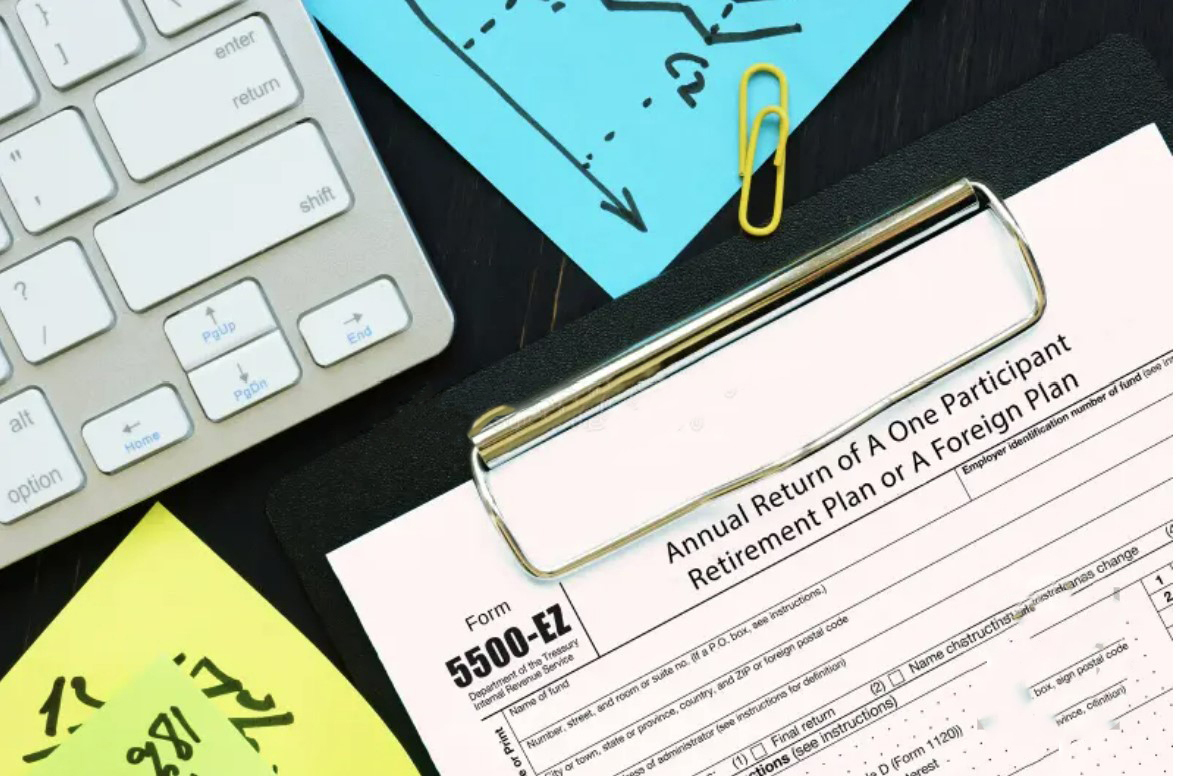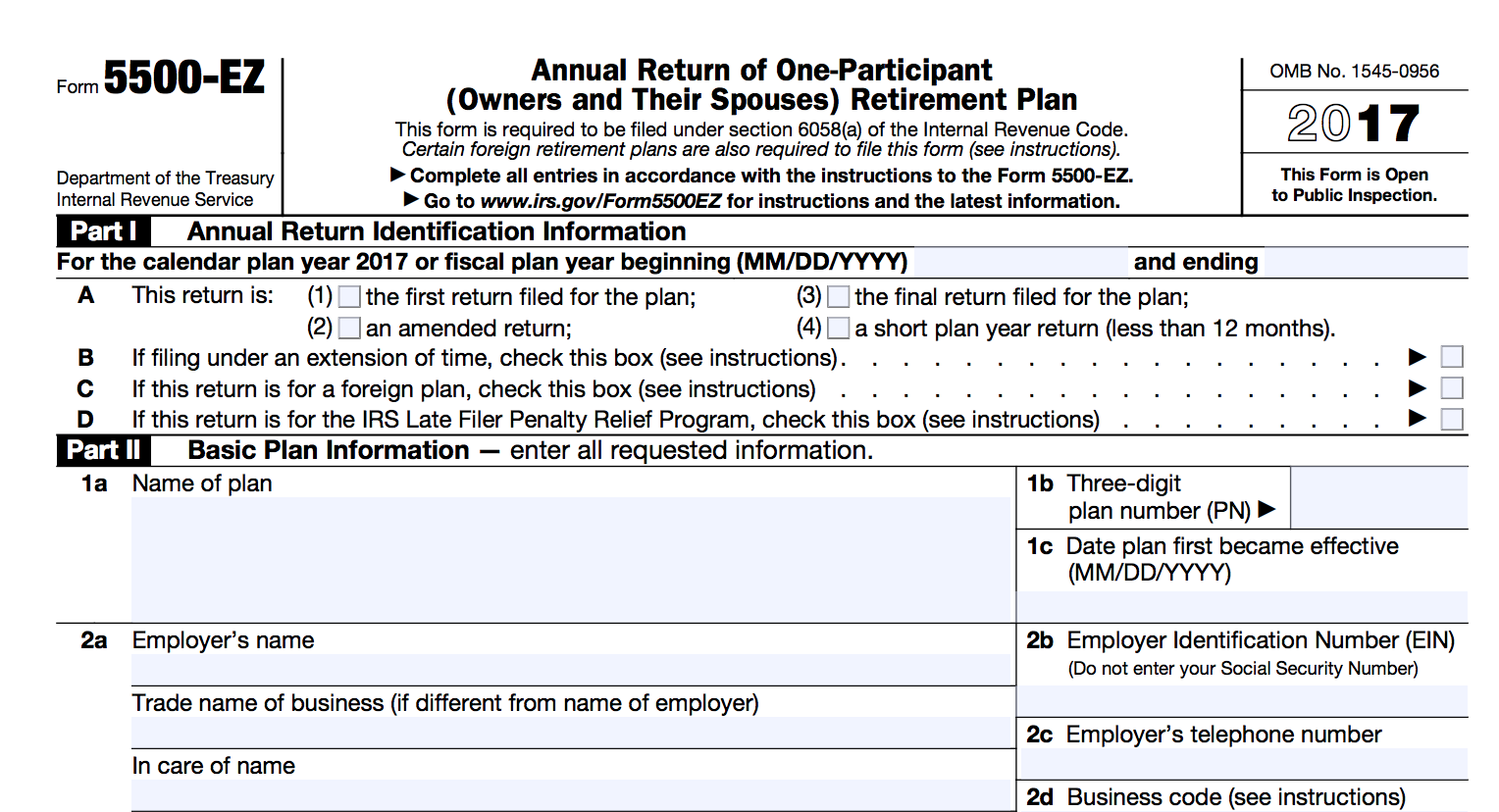As a small business owner, providing a 401(k) plan for your employees is a significant step towards their financial well-being and your company’s growth. However, the cost associated with setting up and managing a 401(k) plan can be a concern. Many companies tack on expensive startup fees, monthly and annual employer costs, per-employee fees, and other buried charges.
But with saveday, you can offer this valuable benefit without any startup cost. Saveday simplifies 401(k) plans for small business owners, eliminating the financial burden and reducing administrative hassle.
5 Ways Saveday Makes 401(k)s Affordable for Small Business
- Cost Savings: Saveday’s $0 startup cost removes the financial barrier that deters small businesses from offering retirement benefits. By waiving setup fees, saveday provides a robust savings solution within your budget.
- In-House Strategy: Saveday’s fully-bundled strategy eliminates at least 50% of industry average plan costs. With all plan requirements handled in-house, including Registered Investment Advisor, Broker/Dealer, and 401(k) Administrator, we save you money by not charging for revenue sharing with distribution partners.
- No Hidden Fees: Unlike competitors, saveday offers transparent pricing and a low AUM fee. We don’t burden you or your employees with monthly, annual, or per-employee fees. More money stays with you and your employees, as it should in retirement planning.
- Simple Plan Offerings: Saveday provides simple and flexible plan options tailored to your business’s needs. Whether you’re a sole proprietor or a growing startup, we can customize a 401(k) plan that aligns with your goals. Unlike other providers, we treat all plans equally, ensuring fair access to desirable features.
- Seamless Administration: Saveday’s intuitive platform simplifies plan administration. With payroll integration and automated processes for onboarding, contribution management, and reporting, we streamline the administrative tasks associated with a 401(k) plan. Focus on running your business while we handle the rest.
Saveday’s $0 startup cost for a 401(k) plan enables small business owners to offer this vital benefit without financial strain. By providing a 401(k) plan, you support your employees’ financial future and attract top talent to your business. With legislative tailwinds pushing towards mandatory retirement benefits, take the proactive step and offer benefits today to avoid state-mandated deadlines and penalty fees. Trust saveday to make retirement planning accessible, affordable, and hassle-free for your business.











